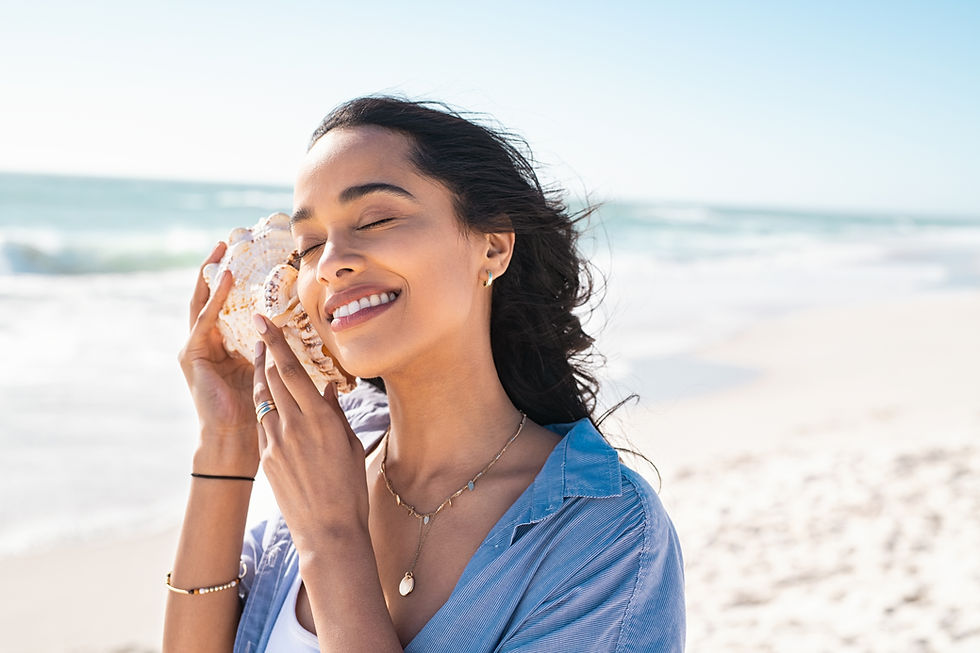Can Mindfulness Help You Find Balance In Life?
- Wainell Brown

- Aug 12, 2024
- 3 min read
Mindfulness and meditation offer powerful tools to help us navigate life's challenges. By incorporating these practices into our daily lives, we can create a sense of inner peace and stability that supports our overall well-being.
Mindfulness is the practice of paying attention to the present moment—our thoughts, feelings, and surroundings—without judgment. It involves acknowledging our experiences as they occur, rather than focusing on the past or the future. Meditation is a key component of mindfulness, offering a structured way to train our minds to focus and relax. By setting aside just a few minutes each day to meditate, we can create a safe space for ourselves to unwind and reconnect with our present and inner selves.

Life balance is about maintaining a healthy stability between various aspects of life, such as work, personal relationships, health, leisure, and personal growth. It emphasizes effectively managing your time and energy to ensure that no single aspect dominates the others. When there is no balance in life, you may be more susceptible to burnout and stress, especially if you spend most of your time working. It can also feel like you are stuck in a never-ending routine if you miss out on other opportunities in life.
When it comes to mindfulness and meditation, the aspects of life we want to balance include leisure time and personal growth. Mindfulness allows you to approach leisure activities with a sense of purpose, recognizing that relaxation and enjoyment are essential parts of a balanced life. Being mindful during leisure can also contribute to personal growth. For example, mindfulness and meditation can open your mind to trying new things and help you become more self-aware of your actions and thoughts without judging yourself.
What are the Benefits?
When we focus on the present and create a non-judgmental environment for ourselves, it can significantly reduce stress and anxiety. Regular mindfulness practice improves our ability to concentrate and stay on task, which can be effective when learning how to meditate. Meditation, in turn, helps reduce symptoms of anxiety and depression. It is also effective in helping us become more patient and tolerant in our interactions with ourselves and others. Together, these practices can lead to a more balanced lifestyle and overall well-being.
What are the Obstacles?
Many people may find it difficult to quiet their minds, especially when just starting out. Another obstacle could be finding enough time to meditate throughout the day. Additionally, the expectation of immediate benefits can lead to frustration and discouragement. While mindfulness can be a powerful tool, it is not a cure-all for our problems. It’s important not to rely solely on mindfulness without considering other resources, such as support from friends, family, and professionals. Acknowledging these challenges and understanding that mindfulness and meditation require patience and persistence is crucial.
How to Begin?
When first practicing mindfulness and meditation, it’s helpful to start small—beginning with just a few minutes each day. It will take time to get used to, but once we are more comfortable with the practice, we can gradually increase the duration. Creating a routine is also beneficial. Establishing a regular time and place for mindfulness and meditation helps we be more consistent, as it becomes part of a structured schedule. If we’re practicing alone, using online resources such as YouTube or classes for guided sessions can be incredibly helpful. Most importantly, be patient with ourselves. Mindfulness and meditation are skills that take time to develop. By finding balance through mindfulness and meditation, we can better navigate stress and foster a deeper, healthier connection with ourselves and the world around us.







Comments